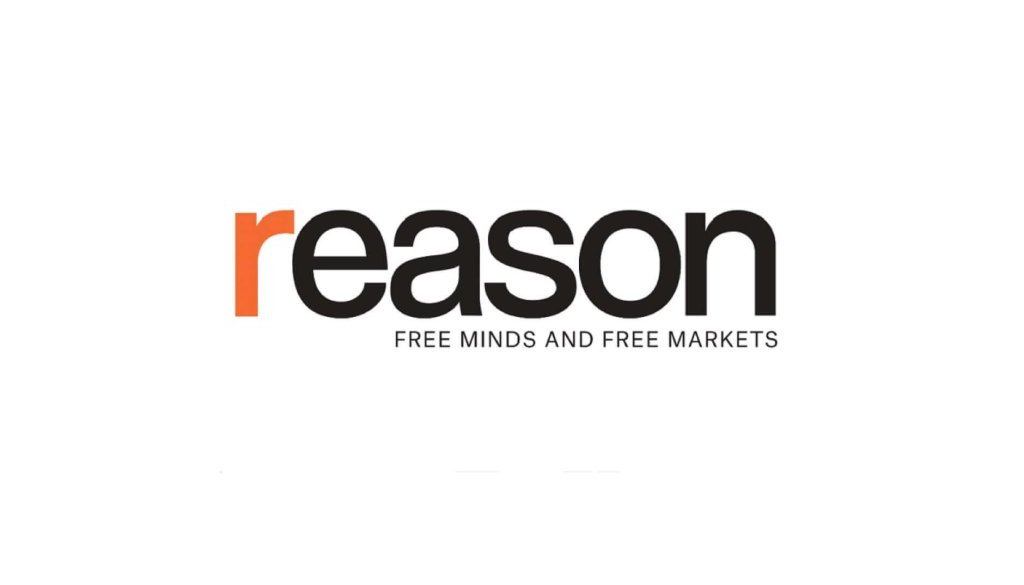Trump’s Plan To Fight Illegal Drugs With Punitive Tariffs Makes No Sense
President-elect Donald Trump says the special tariffs he has threatened to impose on goods imported from China, Canada, and Mexico are aimed at stopping illegal drugs from entering the United States. The federal government has been trying and failing to do that for more than a century, and there is no reason to think this puzzling tactic will be any more successful.
Trump complains that Canada and Mexico are not doing enough to prevent drugs from crossing the northern and southern borders. “Drugs are pouring in at levels never seen before, 10 times what we had,” he told Kristen Welker on Meet the Press last Sunday, explaining the rationale for the punitive tariffs. “They’re just pouring in. We can’t have open borders.”
Last month, Trump said he would encourage Canada and Mexico to crack down on those borders by imposing a 25 percent tariff on “ALL products coming into the United States.” He said the tariffs, which he plans to impose on his first day in office, “will remain in effect until such time as Drugs, in particular Fentanyl, and all Illegal Aliens stop this Invasion of our Country!”
If stopping the flow of illegal drugs is as straightforward as Trump implies, one might wonder, why didn’t he do that during his first term? “I’m going to create borders,” he promised during his 2016 campaign. “No drugs are coming in. We’re gonna build a wall. You know what I’m talking about. You have confidence in me. Believe me, I will solve the problem.”
Trump did not, in fact, solve the problem. According to data from the Centers for Disease Control and Prevention, the annual number of drug-related deaths in the United States rose by 44 percent between 2016 and Trump’s last year in office.
As drug warriors have been discovering since Congress banned nonmedical use of opiates and cocaine in 1914, prohibition creates a strong financial incentive to evade any obstacles that the government manages to erect between suppliers and consumers. That problem is compounded in the case of fentanyl, which is cheap to produce and highly potent, making it possible to smuggle large numbers of doses in small packages.
“At present,” the Congressional Research Service (CRS) noted last March, “most U.S.-destined illicit fentanyl appears to be produced clandestinely in Mexico, using chemical precursors from China.” Although “some fentanyl precursors are subject to international controls,” the report explains, “others may be produced and exported legally from certain countries, including China. Mexican customs officials reportedly have struggled to detect the illicit diversion of these chemicals.”
Mexican drug cartels “move illicit fentanyl into the United States, primarily across the southwestern border, often in passenger vehicles,” the CRS reports. “The U.S.
Department of Homeland Security asserts that 90% of [seized] fentanyl is interdicted at ports of entry, often in vehicles driven by U.S. citizens. A primary challenge for both
Mexican and U.S. officials charged with stopping the fentanyl flow is that [the cartels] can meet U.S. demand with a relatively small amount.”
Finding those small amounts among the hundreds
Article from Reason.com

The Reason Magazine website is a go-to destination for libertarians seeking cogent analysis, investigative reporting, and thought-provoking commentary. Championing the principles of individual freedom, limited government, and free markets, the site offers a diverse range of articles, videos, and podcasts that challenge conventional wisdom and advocate for libertarian solutions. Whether you’re interested in politics, culture, or technology, Reason provides a unique lens that prioritizes liberty and rational discourse. It’s an essential resource for those who value critical thinking and nuanced debate in the pursuit of a freer society.




